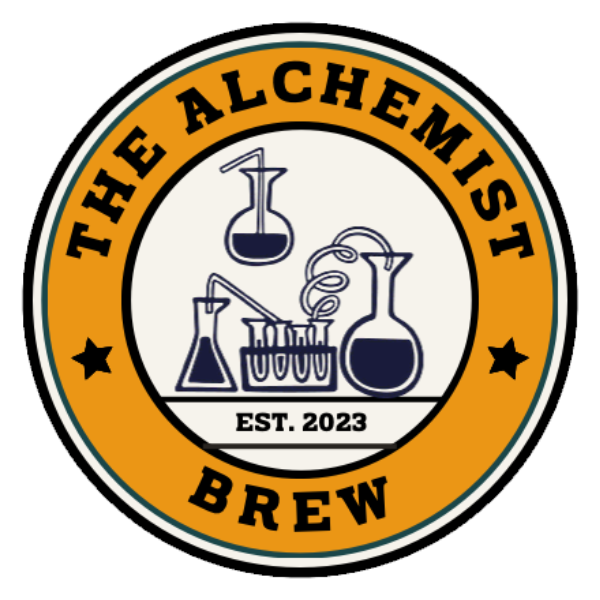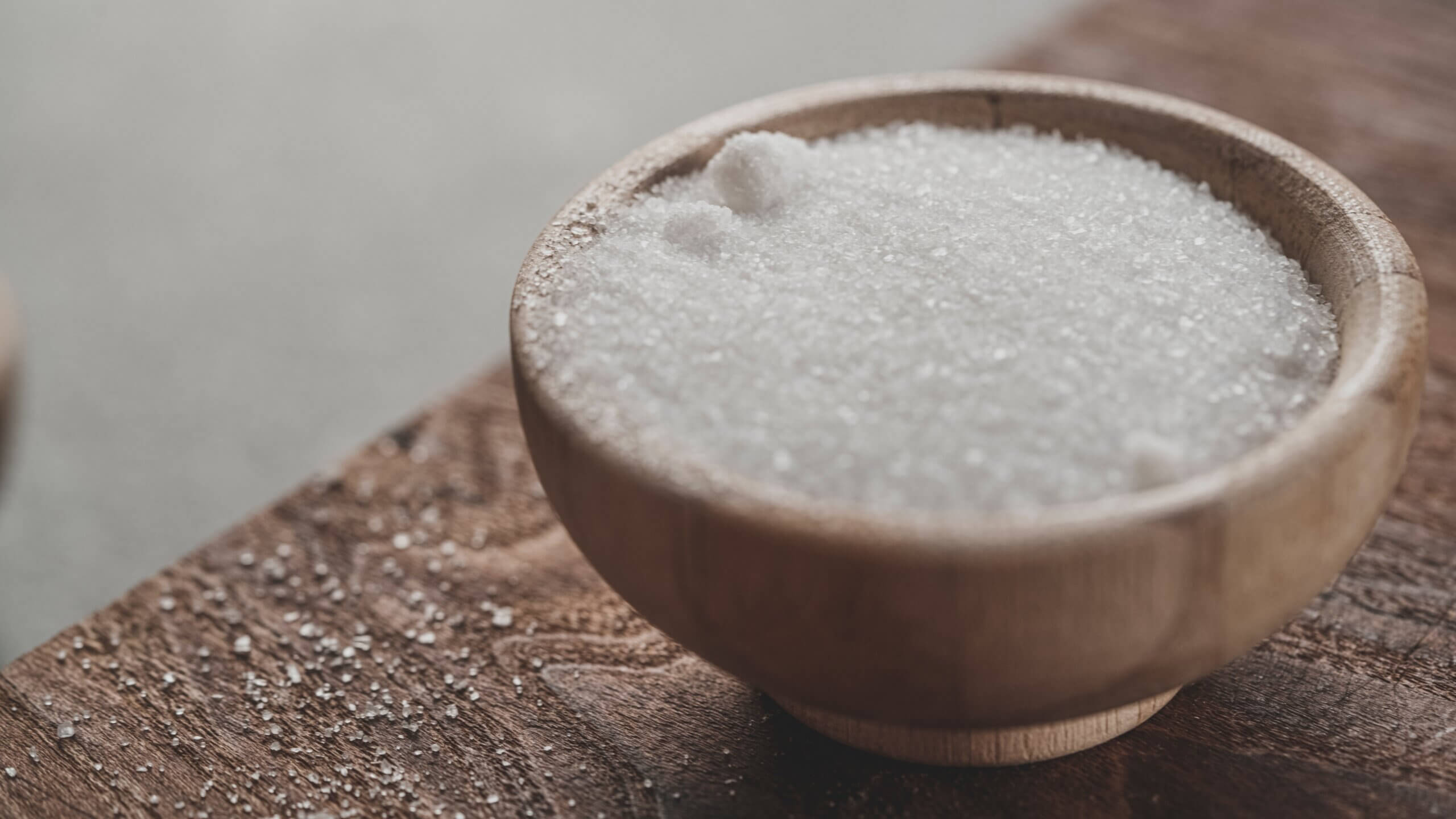The Pros and Cons of Using Sugar vs. Dextrose in Distilling Alcohol
When it comes to distilling alcohol, the choice of ingredients plays a crucial role in the final product’s quality and characteristics. One key decision is whether to use sugar or dextrose as a fermentable source. Both options have their own set of advantages and disadvantages, which we will explore in this blog post. By understanding the pros and cons of each, distillers can make an informed choice and achieve the desired outcome.
Pros of Using Sugar:
- Accessibility and Cost: Sugar, such as sucrose, is widely available and relatively inexpensive, making it an accessible choice for many distillers. It can be found in various forms like granulated sugar, molasses, or even fruit juices, allowing for flexibility in recipe formulation.
- Familiar Fermentation Process: Using sugar in fermentation is a well-established and understood process. Many home distillers and enthusiasts have experience with sugar-based fermentations, making it a popular choice for beginners. The predictable fermentation characteristics make it easier to control the process and achieve consistent results.
- Flavour Profile: Sugar-based fermentations often yield a smooth and slightly sweet final product. This can be desirable for certain spirits like rum or liqueurs, where a hint of sweetness enhances the overall flavor profile. Sugar allows distillers to achieve a balanced taste without excessive bitterness or harshness.
- Nutrient Availability: Sugar contains essential nutrients, such as nitrogen and minerals, which can support healthy yeast growth during fermentation. This can contribute to a robust fermentation process, reducing the risk of stuck fermentations or off-flavors.
Cons of Using Sugar:
- Impurities and Off-Flavors: While sugar is readily available, it can contain impurities that negatively impact the final product’s quality. Molasses, for instance, may introduce unwanted flavors or aromas, requiring additional steps for purification or filtration.
- Lower Fermentation Efficiency: Compared to other fermentable sources, sugar has a lower potential alcohol yield. This means that a higher quantity of sugar is required to achieve the desired alcohol content. Consequently, this can increase production costs, storage space requirements, and fermentation time.
- Lack of Complexity: Sugar-based fermentations tend to produce a simpler flavour profile compared to other sources like grains or fruits. This may limit the depth and complexity of the final product, making it less suitable for spirits that require intricate and nuanced flavor profiles.
Pros of Using Dextrose:
- Fermentation Efficiency: Dextrose, a monosaccharide derived from corn or other starch sources, is readily fermentable by yeast. It offers a higher conversion rate, leading to greater alcohol yields compared to sugar. This efficiency can be advantageous for commercial distilleries where maximizing output is a priority.
- Cleaner and Neutral Taste: Dextrose is known for producing a cleaner and more neutral flavour profile during fermentation. This makes it ideal for spirits like vodka, where a pure and unobtrusive taste is desired. Dextrose-based fermentations offer a blank canvas for distillers to showcase other ingredients or flavors added during the production process.
- Control over Flavour Profile: Dextrose allows distillers to have more control over the final flavour profile by minimizing the influence of the fermentable source. This versatility makes it suitable for spirits that require precise customization, allowing distillers to craft unique and distinct products.
Cons of Using Dextrose:
- Cost and Availability: Dextrose, being a more processed and refined ingredient, can be more expensive than sugar. Additionally, its availability may vary depending on the region, making it less accessible in certain areas.
- Learning Curve: Compared to sugar-based fermentations, working with dextrose may require additional knowledge and experience. Distillers must be familiar with adjusting recipes, managing different fermentation characteristics, and maintaining proper nutrient balance to achieve optimal results.
- Lack of Complexity: Similar to sugar, dextrose-based fermentations may produce a simpler flavor profile, lacking the depth and complexity found in other fermentable sources. This might be a drawback for distillers aiming to create spirits with intricate flavour profiles.
Conclusion: The choice between using sugar or dextrose in distilling alcohol depends on various factors, including cost, desired flavour profile, and production goals. Sugar offers accessibility, familiarity, and a smooth taste, while dextrose provides fermentation efficiency, neutrality, and flavour control. Distillers should consider their specific requirements, target audience, and desired outcomes when selecting the most suitable fermentable source. Ultimately, by understanding the pros and cons of each option, distillers can make informed decisions to create exceptional spirits that cater to their unique vision.




